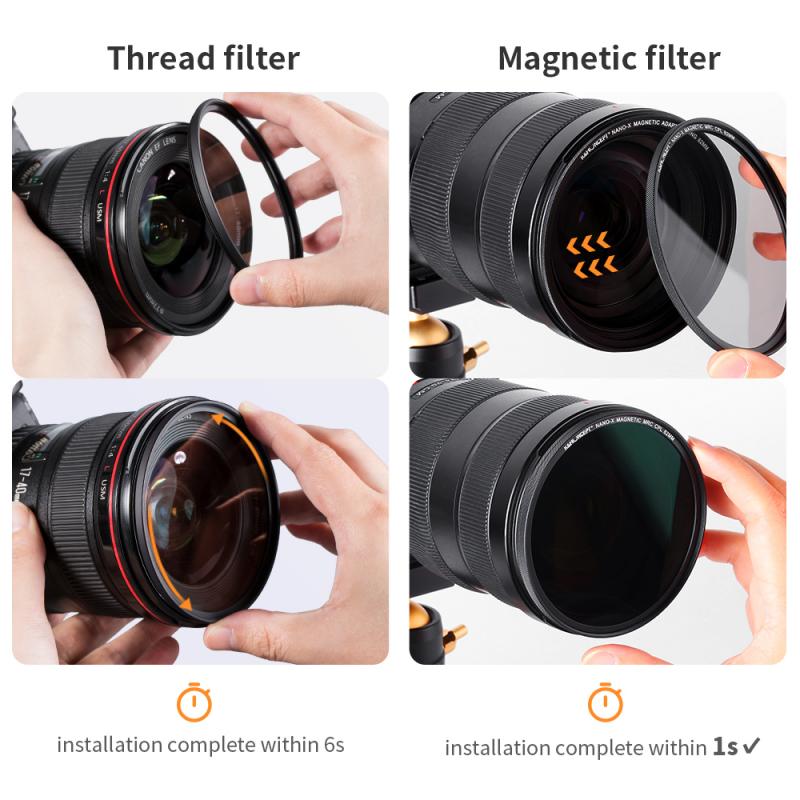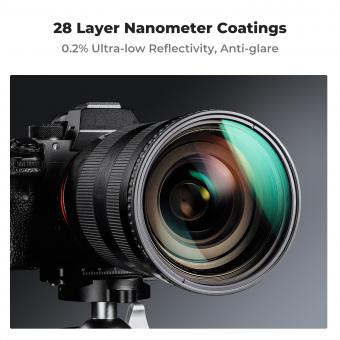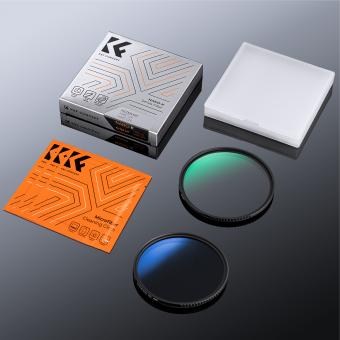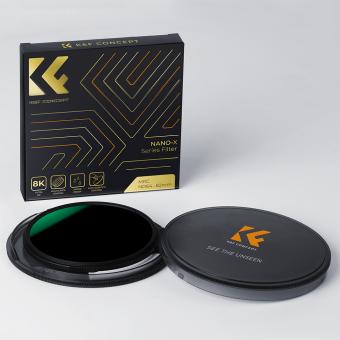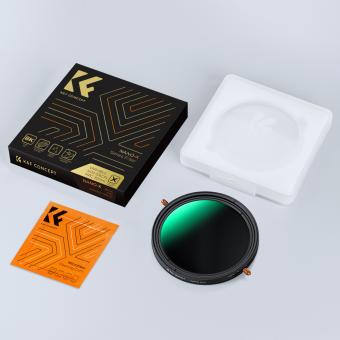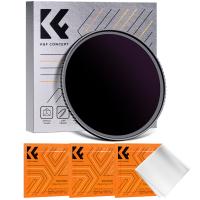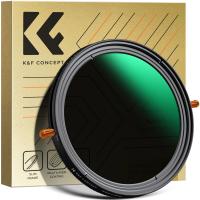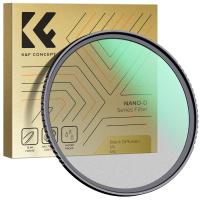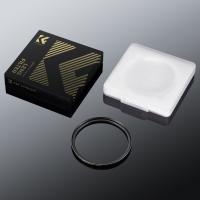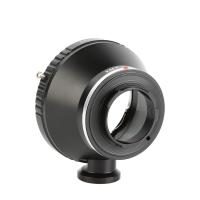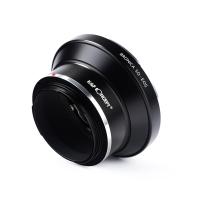What Does A Circular Polarizer Lens Filter Do ?
A circular polarizer lens filter is used in photography to reduce glare and reflections from non-metallic surfaces such as water or glass. It achieves this by selectively blocking certain polarized light waves while allowing others to pass through. This helps to enhance color saturation, improve contrast, and increase overall image clarity. Additionally, circular polarizers can also darken skies and reduce atmospheric haze, resulting in more vibrant and visually appealing photographs.
1、 Reduces glare and reflections from non-metallic surfaces.
A circular polarizer lens filter is a valuable tool for photographers and videographers as it serves multiple purposes. One of its primary functions is to reduce glare and reflections from non-metallic surfaces. When light reflects off a non-metallic surface such as water, glass, or foliage, it becomes polarized, meaning the light waves align in a specific direction. This polarized light can cause unwanted reflections and glare, which can significantly impact the quality of an image or video.
By using a circular polarizer lens filter, photographers and videographers can selectively block or reduce the polarized light, resulting in reduced glare and reflections. This allows for clearer and more vibrant images, with improved color saturation and contrast. For example, when photographing a landscape with a polarizer filter, the filter can minimize the reflections on water surfaces, making the water appear more transparent and revealing the details beneath.
Moreover, a circular polarizer lens filter can also enhance the overall image quality by reducing atmospheric haze. When shooting in outdoor environments, especially on sunny days, the air can contain particles and pollutants that scatter light and create a hazy effect. The filter helps to minimize this haze, resulting in sharper and more detailed images.
It is important to note that the effectiveness of a circular polarizer lens filter depends on the angle at which it is rotated. By rotating the filter, photographers can adjust the amount of polarized light that is blocked, allowing for greater control over the final image. This versatility makes the circular polarizer lens filter a valuable tool for photographers and videographers in various shooting conditions.
In conclusion, a circular polarizer lens filter reduces glare and reflections from non-metallic surfaces, resulting in clearer and more vibrant images. Additionally, it can minimize atmospheric haze, enhancing overall image quality. With its ability to selectively block polarized light, the circular polarizer lens filter provides photographers and videographers with greater control over their compositions and allows them to capture stunning visuals in a wide range of shooting conditions.
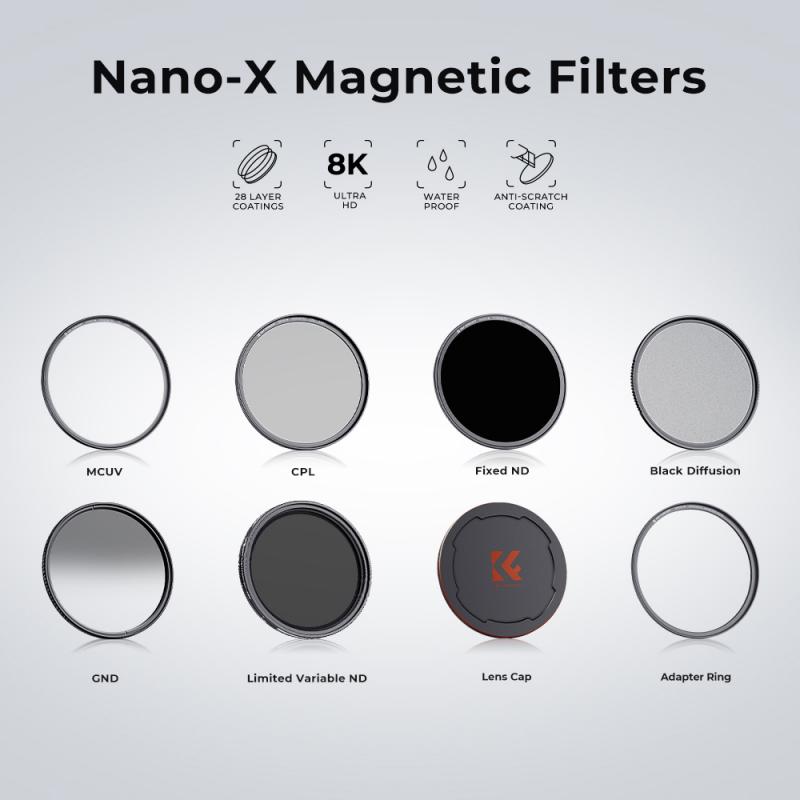
2、 Enhances color saturation and contrast in outdoor photography.
A circular polarizer lens filter is a valuable tool for photographers, especially when shooting outdoors. Its primary function is to enhance color saturation and contrast in photographs. By reducing glare and reflections, the filter allows for more vibrant and saturated colors, resulting in more visually appealing images.
When light reflects off non-metallic surfaces such as water, glass, or foliage, it becomes polarized, meaning the light waves align in a specific direction. This polarization can cause unwanted reflections and glare in photographs, which can wash out colors and reduce contrast. The circular polarizer filter works by selectively blocking these polarized light waves, allowing only the desired light to pass through the lens.
By reducing reflections and glare, the circular polarizer filter helps to reveal the true colors and details of the scene. It deepens the blue of the sky, enhances the green of foliage, and makes colors overall more vibrant. Additionally, the filter increases contrast, making the subject stand out more against the background.
In addition to enhancing color saturation and contrast, circular polarizer filters also have other benefits. They can help to reduce atmospheric haze, making distant objects appear clearer and sharper. They can also be used to darken the sky, creating a more dramatic and moody effect in landscape photography.
It is important to note that the effectiveness of a circular polarizer filter depends on the angle at which it is used. The filter should be rotated to achieve the desired effect, as the polarization of light changes with the angle of the sun. This allows photographers to have control over the amount of polarization and the resulting effect on the image.
In conclusion, a circular polarizer lens filter is a valuable tool for outdoor photographers. It enhances color saturation and contrast by reducing reflections and glare, resulting in more vibrant and visually appealing images. Its ability to deepen the blue of the sky, enhance the green of foliage, and reduce atmospheric haze makes it a must-have accessory for any photographer looking to capture the beauty of the outdoors.
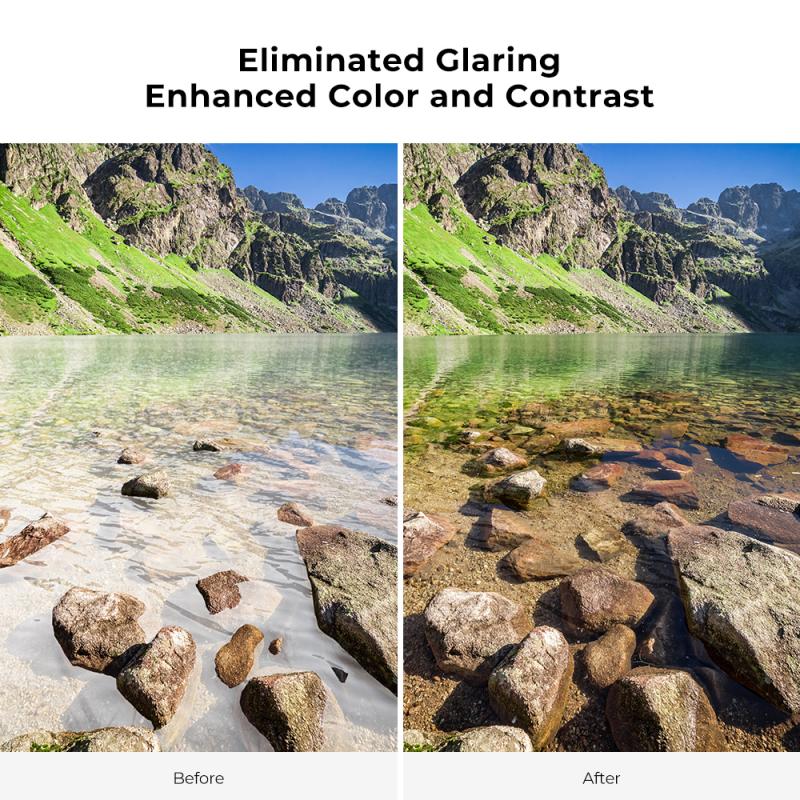
3、 Improves clarity and sharpness by reducing atmospheric haze.
A circular polarizer lens filter is a valuable tool for photographers and videographers that helps improve the quality of their images. This type of filter is commonly used to reduce glare and reflections, enhance colors, and improve overall clarity and sharpness in outdoor photography.
One of the primary functions of a circular polarizer lens filter is to reduce atmospheric haze. When shooting in outdoor environments, especially on sunny days, the atmosphere can create a hazy effect that reduces the clarity and sharpness of the image. The circular polarizer filter helps to minimize this haze by selectively blocking certain polarized light waves, resulting in a clearer and more vibrant image.
By reducing glare and reflections, the circular polarizer filter also helps to enhance colors and contrast in the image. This is particularly useful when photographing scenes with water, glass, or other reflective surfaces. The filter allows the camera to capture more accurate and saturated colors, resulting in a more visually appealing image.
Furthermore, the circular polarizer filter can also be used to darken skies and make clouds more prominent. By rotating the filter, photographers can adjust the amount of polarization and achieve the desired effect. This can add drama and depth to landscape photographs, making them more captivating and engaging.
It is important to note that the effectiveness of a circular polarizer lens filter can vary depending on the angle of the light source and the position of the camera. Therefore, it is necessary to adjust the filter accordingly to achieve the desired results.
In conclusion, a circular polarizer lens filter is a versatile tool that improves the clarity and sharpness of images by reducing atmospheric haze, minimizing glare and reflections, enhancing colors, and adding drama to outdoor photography. It is an essential accessory for photographers and videographers who want to capture stunning and visually appealing images.
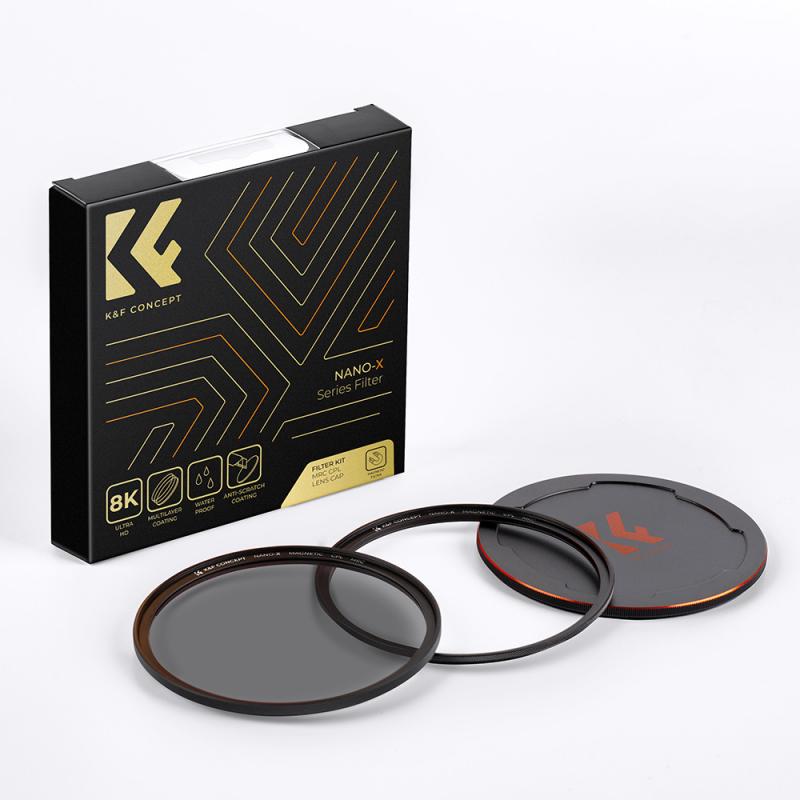
4、 Minimizes reflections on water, glass, and shiny surfaces.
A circular polarizer lens filter is a valuable tool for photographers and videographers as it serves multiple purposes. One of its primary functions is to minimize reflections on water, glass, and shiny surfaces. By reducing these reflections, the filter allows for clearer and more vibrant images.
When light reflects off a non-metallic surface, it becomes polarized, meaning the light waves align in a specific direction. This polarization can cause unwanted glare and reflections in photographs. However, a circular polarizer lens filter is designed to block these polarized light waves, resulting in reduced reflections and glare.
In addition to minimizing reflections, a circular polarizer lens filter also enhances color saturation and contrast. By selectively filtering out certain polarized light waves, the filter increases the intensity and richness of colors in a scene. This can be particularly useful when photographing landscapes, where the filter can make the sky appear bluer and the foliage more vibrant.
Furthermore, a circular polarizer lens filter can also be used to darken the sky, making clouds stand out more prominently. This effect can add drama and depth to landscape photographs, creating a more visually appealing image.
It is worth noting that the effectiveness of a circular polarizer lens filter can vary depending on the angle at which the camera is pointed relative to the light source. Therefore, photographers often need to adjust the filter's orientation to achieve the desired effect.
In conclusion, a circular polarizer lens filter is a versatile tool that minimizes reflections on water, glass, and shiny surfaces. It also enhances color saturation, contrast, and can darken the sky. By using this filter, photographers and videographers can capture more visually appealing and vibrant images.
